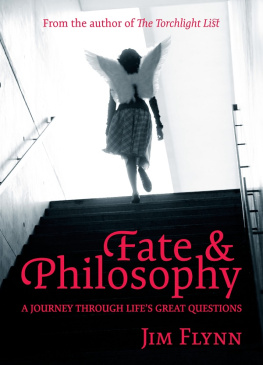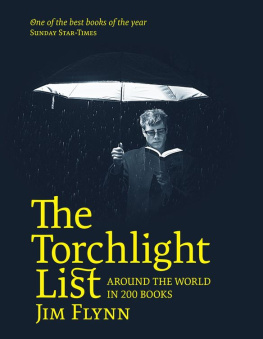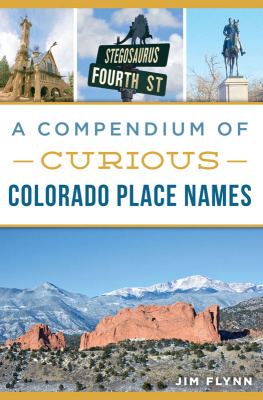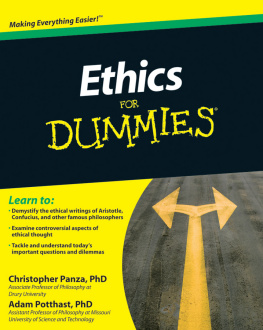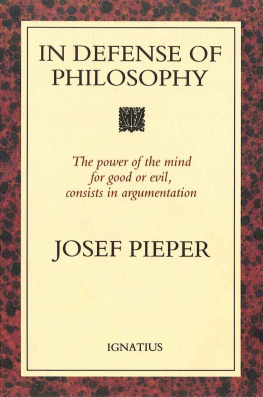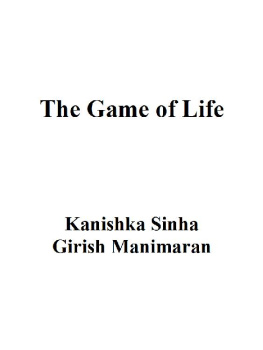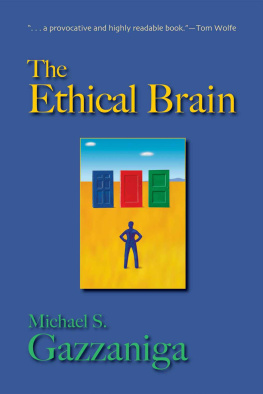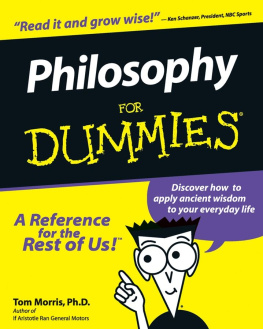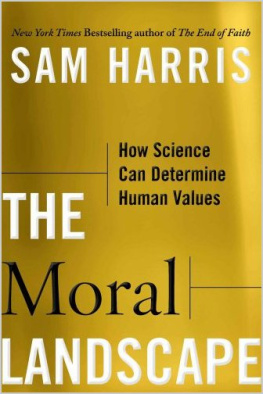Also by Jim Flynn
How to Defend Humane Ideals
What is Intelligence?
Where Have All the Liberals Gone?
The Torchlight List
Poetry
O God Who Has a Russian Soul
The Torchlight List
Around the World in 200 Books
Jim Flynn

One of the best books of the year
The Sunday Star-Times
A professor for over forty years, Jim Flynn found fewer and fewer of his students had the time or inclination to read for pleasure. However, they were willing to try books he recommended. He was inspired to create this list: books so wonderful to read, and so revealing about times and places, they take the reader beyond day-to-day concerns into a magic realm of knowledge and imagination.
There have been many books about reading. No other has set out such a brilliant road map for discovering history, science, civilization and the human condition. From Arthur Koestler on the universe to Barbara Tuchman on life in the fourteenth century, F. Scott Fitzgerald on American morality, Chimamanda Ngozi Adichie on civil war in Nigeria, and Robert Fisk on Western power plays in the Middle East, this book will inspire you to reread books you love and discover and relish many new ones.
An ambitious yet intimate celebration of the power of literature
Finlay Macdonald
Flynns descriptions are like tantalizing movie trailersshort bursts of images that teleport your mind from one side of the Earth to the other
Psychology Today
ISBN 978-0-9582916-9-9
Available from all good bookstores and at www.awapress.com
First edition published in 2012 by Awa Press, Level One, 85 Victoria Street, Wellington, New Zealand.
Paperback ISBN: 978-1-877551-32-1
epub ISBN: 978-1-877551-43-7
mobi ISBN: 978-1-877551-44-4
Copyright Jim Flynn 2012
The right of Jim Flynn to be identified as the author of this work in terms of Section 96 of the Copyright Act 1994 is hereby asserted.
Copyright in this book is held by the author. You have been granted the right to read this e-book on screen but no part may be copied, transmitted, reproduced, downloaded or stored or introduced into any information storage and retrieval system in any form and by any means now known or subsequently invented without the written consent of Awa Press Limited, acting as the authors authorised agent.
Cataloguing-in-Publication Data for this book is available from the National Library of New Zealand
www.awapress.com
Published with the support of

To Alan Musgrave
friend and colleague
and mad dog realist
Man is what he believes.
Anton Chekhov
Notebook Entry
It matters not how strait the gate,
How charged with punishments the scroll,
I am the master of my fate;
I am the captain of my soul.
William Ernest Henley
Invictus, 1875
Men are not prisoners of fate,
but only prisoners of their own minds.
Franklin D. Roosevelt
Pan American Day Address, 1939
on becoming a philosopher
Every year students enter my courses with a collection of attitudes and opinions. The most common ones are that religion is silly and boring; people should be tolerant of one anothers values and not be judgmental; what is natural is best; I wonder if the scientists know what they are doing?; and of course no one has free will.
Some of these students leave as altered beings, interested in the mystical experience (for some a religious experience), committed to humane ideals and knowledgeable about how to defend them, accepting that no one worships nature without reservations, cognizant of the foundations and achievements of science, and aware of just how important it is to think through the issue of free will vs. determinism.
Unless you learn to reason about what you believe you are a prisoner of fate. Your views are no more than the views of society or your parents or perhaps your church. It is sterile to simply become a cynic and rebel against these people and institutions. That kind of rebellion usually means no more than that your generation has different opinions from those of the older generation.
This book invites you to move on, look within, and discover the person you really are. Do you really need someone else or something, perhaps a god, bible or nature, to tell you what is good?
Philosophical knowledge is much more fragile than other kinds of knowledge. It is unlikely we will cease to know how to light fires or forget what we know about evolutionat least without a descent into mindless barbarism, as with Stalin and born-again Christiansbut love of money blinds people to what sort of life is best for human beings. Similarly, the very potency of science may polarize us into those who trust science without reflection and those who fear and loathe it. A decline in genuine religious experience may beget both village atheists and churches full of nonsense.
If sound philosophy is so much at the mercy of history, how likely is it that you have been born at the one time and place over the last two thousand years when conventional opinions tell the uncontaminated truth? You would have a better chance of winning a national lottery.
If you are free of the tyranny of desperate poverty, spies of the totalitarian state, chronic unhappiness and mental illness, the most important liberty you can enjoy is freedom of the mind. Everyone who reads this has a philosophy: everyone makes assumptions about what exists, what is known, whether it makes sense to blame people, and what they ought to do. You have two options: you can accept uncritically the philosophy you have, or you can think for yourself about certain basic questions. These questions determine how you live out your life. As Anton Chekhov said, Man is what he believes.
I was fortunate enough to become reflective about what I believed just in time. I was born into the Catholic Church and as a young child believed everything without question. When I was ten I began to read an encyclopedia called The Book of Knowledge . It told me that the sun and planets had coalesced out of a nebula of gas, and human beings had evolved just like all other animals. Two years later, when Father Burns, my confessor, asked me whether I would like to go to St Charles in Baltimore, a high school whose pupils intended to become priests, I had enough doubts to say no. I knew that once at St Charles it was not impossible to leave but it was traumatic: you had to either be dishonest or tell everyone you thought they were dedicating their lives to a myth.
You may say the way in which becoming reflective influenced my life was unusually dramatic, but the great satisfaction of questioning what you believe is the sensation that you have some control over your fate. There is a deep sense that you are beginning to find yourselfthe wiser self that lay hidden behind the unreflecting self that was sleepwalking through life. This life-changing experience is available to everyone.
How much philosophy will change your opinions depends on what kind of sleepwalker you are. Understanding ethics may cure you of wanting some authority to tell you what is right and wrong. Understanding science will inoculate you against a whole legion of nonsense, from astrology to the Bermuda Triangle to whether people can use psychic powers to bend spoons. Understanding religious experience will inoculate you against childish concepts of God.
Perhaps you already respect science, are happy to judge right and wrong for yourself, and are an atheist. Very well, but how do you know it is reasonable to be that kind of person until you can justify your opinions in the light of reason?

